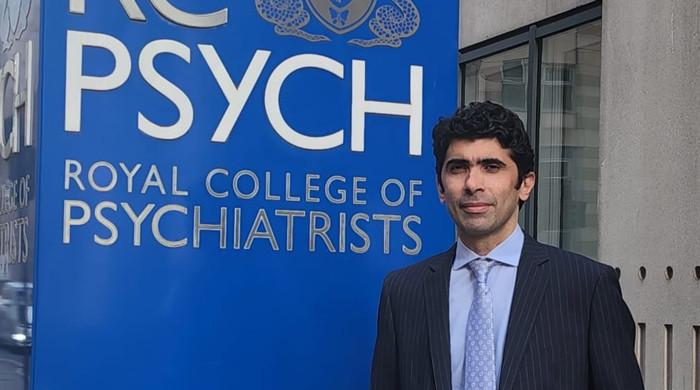Study says many lung cancer tumors prove harmless
CHICAGO: Harmless lung cancer? A provocative study found that nearly 1 in 5 lung tumors detected on CT scans are probably so slow-growing that they would never cause problems.The analysis suggests...
December 10, 2013
The analysis suggests the world’s No. 1 cause of cancer deaths isn’t as lethal as doctors once thought.
In the study, these were not false-positives — suspicious results that turn out upon further testing not to be cancer. These were indeed cancerous tumors, but ones that caused no symptoms and were unlikely ever to become deadly, the researchers said.
Still, the results are not likely to change how doctors treat lung cancer.
For one thing, the disease is usually diagnosed after symptoms develop, when tumors show up on an ordinary chest X-ray and are potentially life-threatening.
Also, doctors don’t know yet how to determine which symptomless tumors found on CT scans might become dangerous, so they automatically treat the cancer aggressively.
The findings underscore the need to identify biological markers that would help doctors determine which tumors are harmless and which ones require treatment, said Dr. Edward Patz, Jr., lead author and a radiologist at Duke University Medical Center. He is among researchers working to do just that.
Patz said patients who seek lung cancer screening should be told about the study results.
“People have to understand that we’re going to find some cancers which if we’d never looked, we never would have had to treat,” he said. Among patients and even many doctors, “it’s not something that is commonly known with lung cancer.”
A leader of an influential government-appointed health panel agreed.
“Putting the word ‘harmless’ next to cancer is such a foreign concept to people,” said Dr. Michael LeFevre, co-chairman of the U.S. Preventive Services Task Force.
The panel recently issued a draft proposal recommending annual CT scans for high-risk current and former heavy smokers — echoing advice from the American Cancer Society. A final recommendation is pending, but LeFevre said the panel had already assumed that screening might lead to overdiagnosis.
“The more we bring public awareness of this, then the more informed decisions might be when people decide to screen or not,” LeFevre said. He called the study “a very important contribution,” but said doctors will face a challenge in trying to explain the results to patients.
In testimonials, patients often say lung cancer screening via CT scans cured them, but the study suggests that in many cases, “we cured them of a disease we didn’t need to find in the first place,” LeFevre said.
The study was published Monday in the journal JAMA Internal Medicine.
More than 200,000 Americans are diagnosed with lung cancer each year, and more than half of them die. Worldwide, there are about 1.5 million lung cancer deaths annually.
The new study is an analysis of data from the National Lung Cancer Screening Trial — National Cancer Institute research involving 53,452 people at high risk for lung cancer who were followed for about six years. (AP)











